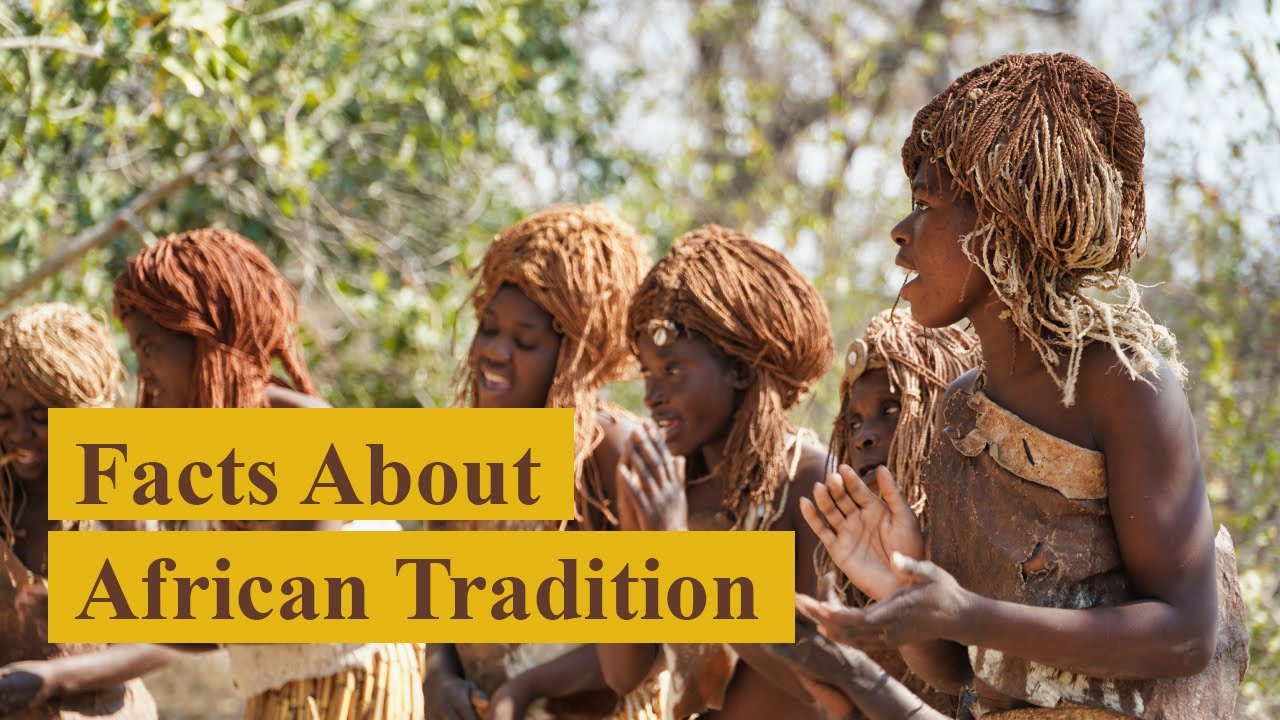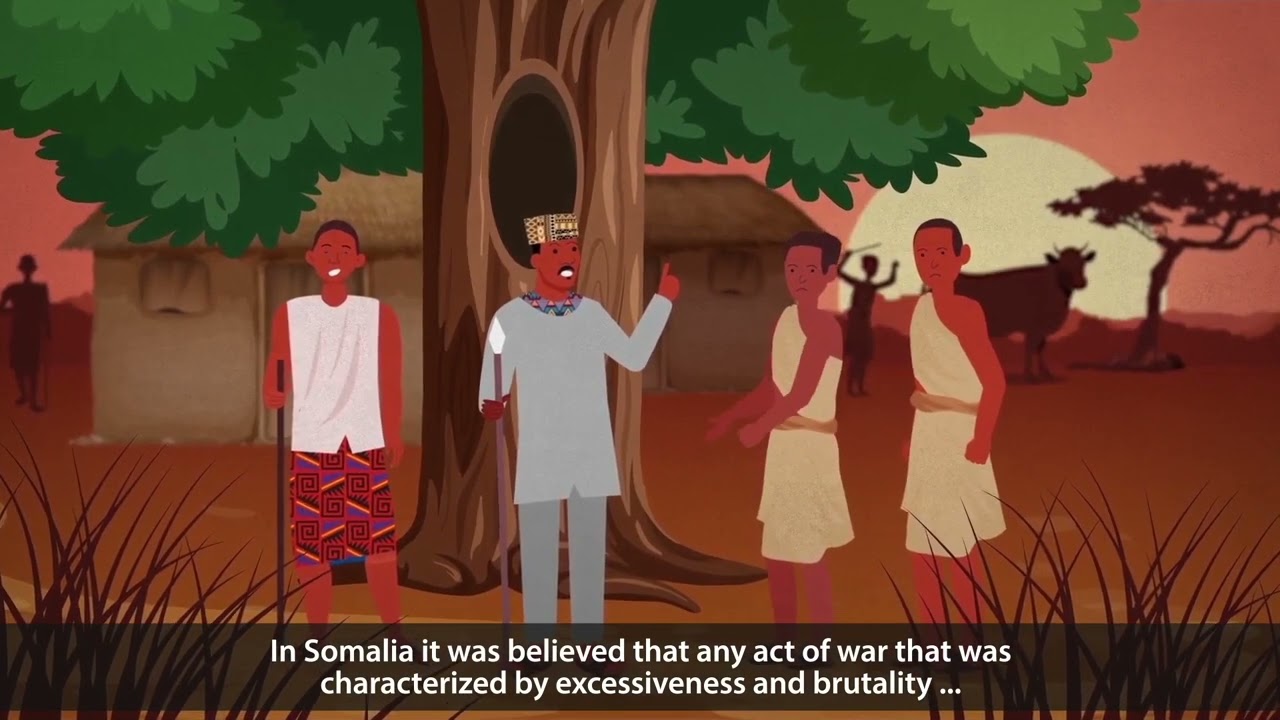African traditional religion refers to African indigenous or native faiths. It discusses their cosmology, ceremonial activities, symbolism, arts, and culture, among other things. Religion, as a way of life, is related to culture and society since it influences the African people’s worldview.
Traditional African beliefs are not static, but rather very dynamic, continually responding to new factors such as old age, modernization, and scientific advances.
Africans’ traditional beliefs and practices are highly diverse beliefs that include various ethnic religions. Generally, these traditions are oral rather than scriptural and passed down from one generation to another through folk tales, songs, and festivals, including belief in an amount of higher and lower gods, sometimes including a supreme creator or force, belief in spirits, veneration of the dead, use of magic and traditional African medicine.
All traditional African faiths share more similarities than differences. sacrifice is used to appease the deities and spirits. The believer seeks the will of the gods or spirits through divination or communication with divinities. Traditional African religions revere natural phenomena such as ebb and tide, waxing and waning moons, rain and drought, and agricultural rhythms.
The role of women in this religion is crucial: The inherent dynamics of gender in traditional African religions are extremely complex. As there are several female deities, priestesses, diviners, and other venerated characters throughout African religious traditions and rituals, women as well as men play important roles in these faiths. Because of how highly revered both men and women are in traditional African religions, many feminist researchers have utilized these practices as a point of reference to fight for women’s rights in African civilizations. Gender plays a complementary role in traditional African religions, requiring a “confluence of masculine and feminine powers to act in harmony.”
It offers solid connections between human life and the world of our ancestors: African faiths offer a platform for people to have continual and symbiotic ties with their ancestors as a consequence of these deep connections. It is believed that these forefathers were deeply interested in the day-to-day concerns of their offspring.
Loyal belief in the power of charms: Many individuals in the examined nations continue to practice rites and hold beliefs that are typical of traditional African religions, in addition to their high levels of devotion to Christianity and Islam. For instance, in four nations, at least 50% of people think that making sacrifices to deities or ghosts will keep them safe. Additionally, a quarter or more of the populace in 11 nations claims to believe in the juju (charms or amulets), shrines, and other holy artefacts’ balancing effects.
Globalization: Globalization has reached traditional African religions! African-inspired traditions like Vodun in Haiti, Santera in Cuba, and candomblé in Brazil grew as a result of the Transatlantic Slave Trade. The relevance of the diaspora for these religions is also quickly expanding since many people in nations like the US and the UK have converted to numerous traditional African religions. Because these traditions are practised all over the world, African religions have also grown to be a top draw for people from the diaspora who visit Africa on pilgrimages.
Victims of human right abuse: Indigenous African faiths have experienced severe human rights violations and are now only practised by a small percentage of people. This is founded on the false belief that these religions oppose modernity. Native African faiths have served as a model for thoughtful discussions and debates concerning interfaith relations, civic society, and civil religion.
Oral sources are the central tenet of indigenous African faiths, in contrast to other global religions that have written scriptures. The arts, political AND social structures, and material culture are all inextricably entwined with these oral sources. Because they are oral traditions, native African faith can change and differ greatly from one another. For example, the Ifa tradition among the Yoruba people may serve as a key resource for understanding the tenets and worldview of these faiths and can be compared to texts like the Bible or the Qur’an.
source












